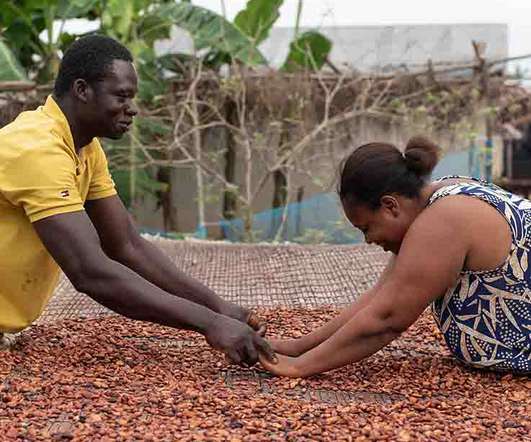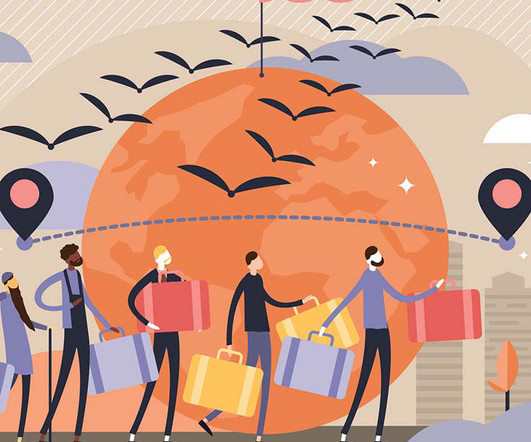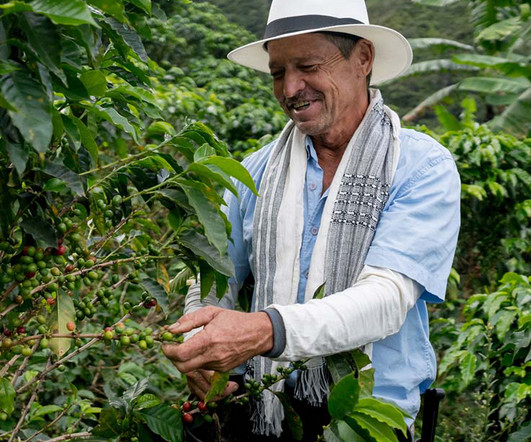From Uprooted to Uplifted: The Movement to Restore Indigenous Land Rights
Stanford Social Innovation Review
FEBRUARY 24, 2025
Though these violations continue, over the last 10 to 15 years, we have increasingly seen momentum among rightsholders, their allies, and civil society in advocating for rights-based and community-led conservation. billion for this work over five years to consolidate otherwise fragmented financing streams.

















Let's personalize your content